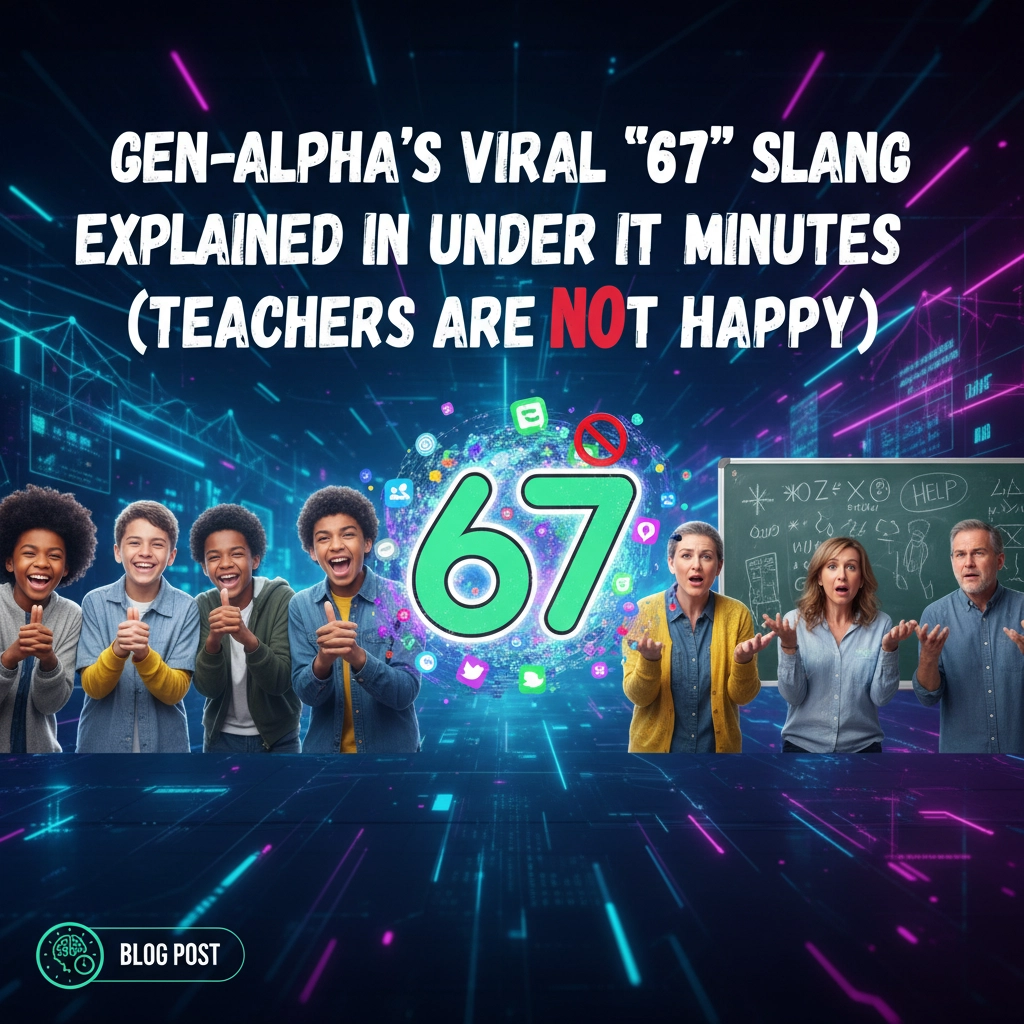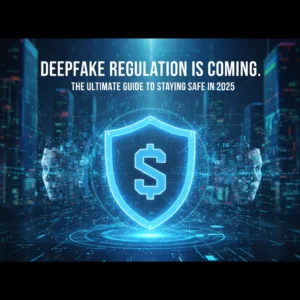Ever walked past a middle school and heard kids randomly shouting numbers at each other? Welcome to 2025, where "67" has somehow become the most controversial two-digit number in American classrooms.
If you're scratching your head wondering what the hell happened to kids these days, you're not alone. Teachers across the country are pulling their hair out over this latest Gen Alpha obsession that's turned their carefully planned lessons into chaos. But here's the thing – this isn't just random noise. There's actually a method to the madness.
What Actually Is "67"?
Let's get one thing straight: "67" means absolutely nothing. And that's exactly why it's everywhere.
This whole phenomenon started with a rap song called "DOOT DOOT" by an artist named Skrilla. Buried somewhere in the lyrics was a throwaway reference to "67," and somehow, someway, TikTok's algorithm decided this was the chosen one. By early 2025, kids were screaming "67" in school hallways, commenting it on every Instagram post, and turning it into their generation's equivalent of a secret handshake.
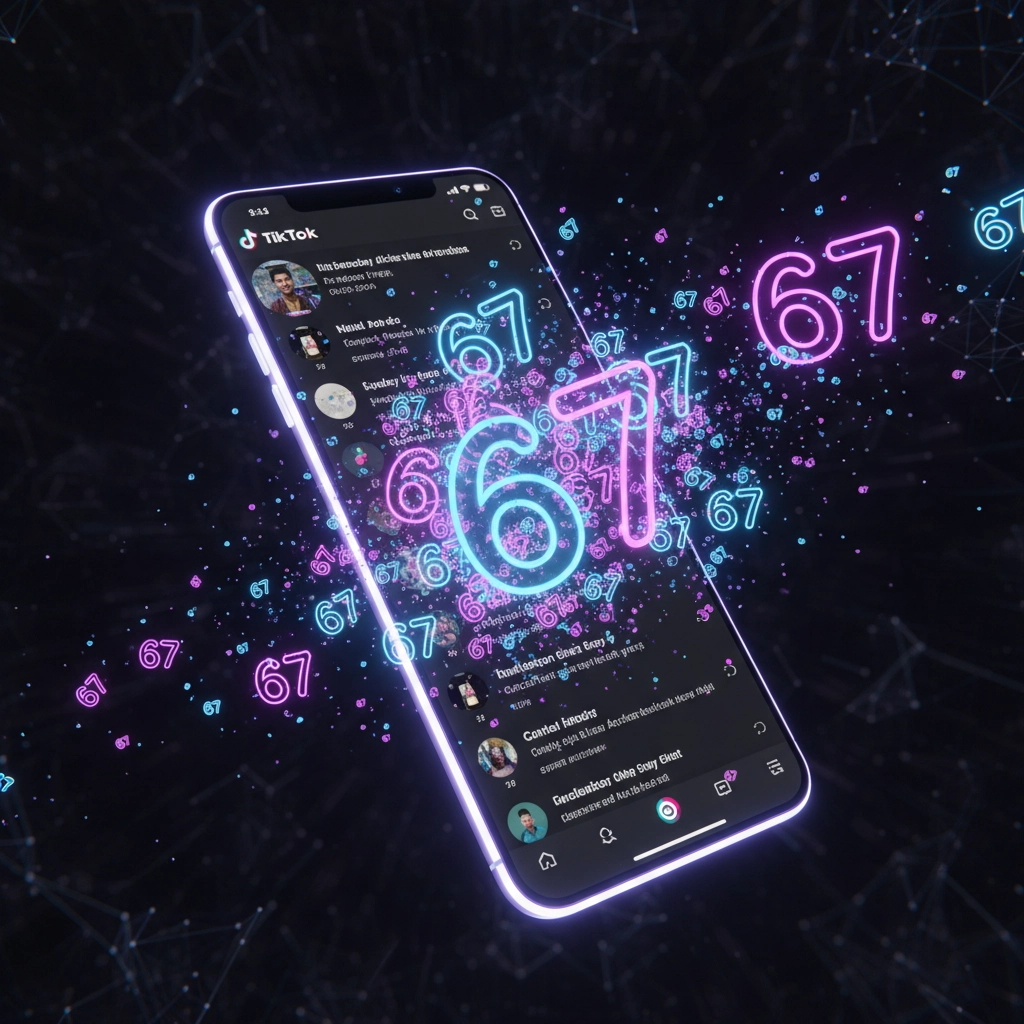
Dictionary.com – yes, the actual dictionary people – named "67" their Word of the Year for 2025. Let that sink in. A completely meaningless number beat out actual words with definitions and everything.
But here's what makes this different from other viral trends. Most memes have some kind of context or reference point. "67" has none. It's pure, distilled chaos. Kids use it as:
• A greeting ("Yo, 67!")
• An expression of excitement ("That test was so 67!")
• A way to fill awkward silence ("…67")
• A response to literally anything ("What's for lunch?" "67.")
• A battle cry during dodgeball
The beauty is in its complete versatility. You can't use "67" wrong because there's no right way to use it in the first place.
How Teachers Are Fighting Back (And Losing)
Remember when teachers banned Pokemon cards and fidget spinners? This is exponentially worse.
Sarah Chen, a 7th-grade English teacher from Phoenix, describes her classroom experience: "I'm trying to teach about metaphors, and every thirty seconds someone shouts '67.' I ask them to explain what it means, and they just stare at me like I asked them to solve quantum physics."

Teachers have gotten creative with their countermeasures. The most viral response came from a high school in Michigan where students caught saying "67" had to write essays explaining what the number means – starting with 67 words for the first offense, 134 for the second, and escalating up to 670 words for repeat violations.
The results? Students started writing increasingly absurd explanations. One essay described "67" as "the sound a unicorn makes when it's disappointed but not surprised." Another claimed it represented "the exact number of thoughts a goldfish has per minute."
Some schools have gone nuclear. A district in Texas implemented a "67-free zone" policy with actual consequences – detention, parent calls, the whole nine yards. The problem? Kids started using code words. "67" became "sixty-seven," then "six-seven," then just holding up six fingers followed by seven fingers.
It's like trying to stop water with a screen door. The more you push back, the more creative they get.
Why This Matters More Than You Think
Before you dismiss this as kids being kids, consider what's actually happening here. Gen Alpha – kids born after 2010 – are creating their own linguistic rebellion using tools their parents and teachers barely understand.
Previous generations had obvious forms of rebellion: music, fashion, behavior. Gen Alpha's rebellion is linguistic and algorithmic. They're not dyeing their hair or smoking behind the gym. They're weaponizing meaninglessness and watching adults lose their minds over it.
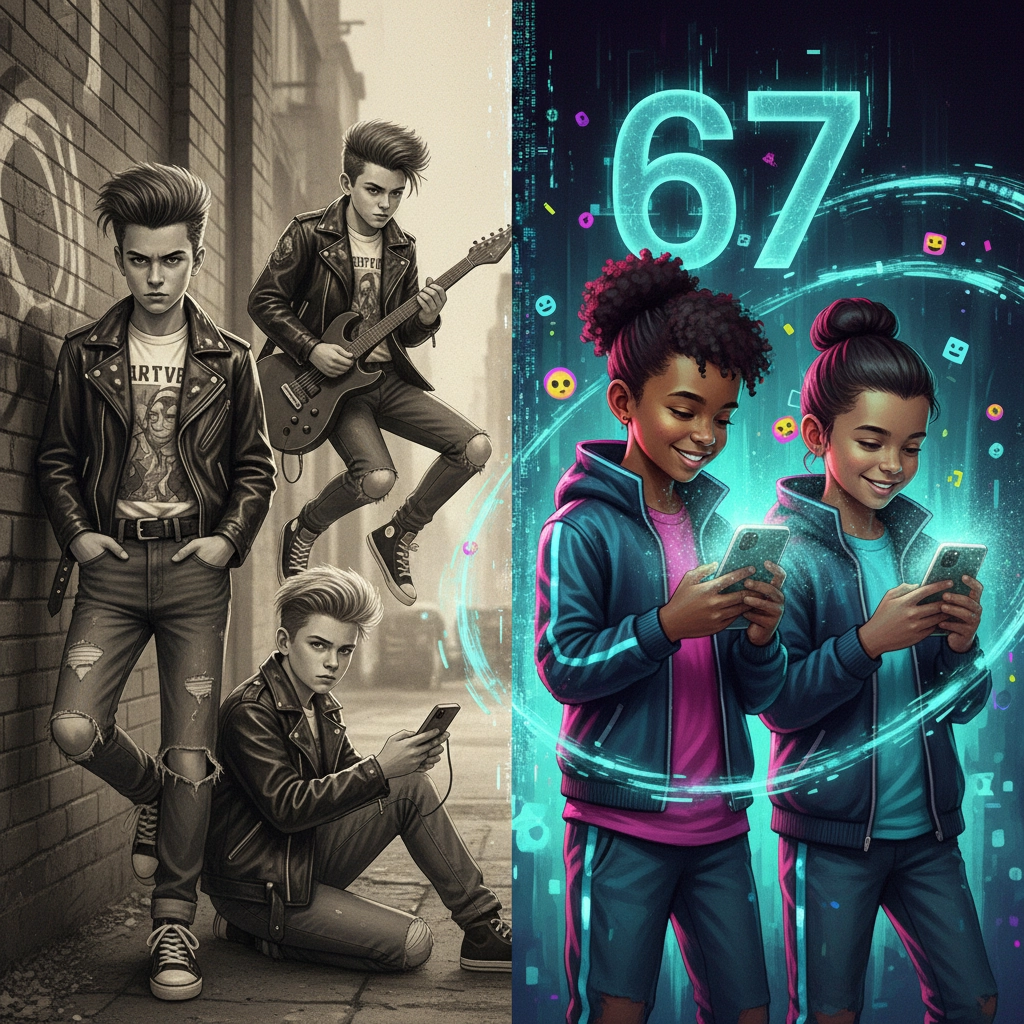
This represents something bigger than a silly trend. It's the first generation to grow up entirely within the TikTok ecosystem, where content can explode from zero to millions of views in hours. They intuitively understand viral mechanics in ways that would make marketing executives weep with envy.
Think about it: these kids took a random number from an obscure rap song and turned it into a global phenomenon that made it into the dictionary. They've essentially crowdsourced chaos and deployed it at scale.
My neighbor's daughter Emma, a sixth-grader, put it perfectly when I asked her why "67" was so popular: "It's funny because it makes no sense. Adults keep trying to find the meaning, but there isn't one. That's the point."
She's right. The meaninglessness IS the meaning. It's generational performance art disguised as juvenile nonsense.
What's Next for Gen Alpha Slang?
If you think "67" is confusing, buckle up. This is just the beginning of Gen Alpha's linguistic revolution.
Already, variations are emerging. Some kids have moved to "68" just to mess with teachers who finally figured out the "67" thing. Others are experimenting with random letter combinations or made-up words that sound vaguely scientific.
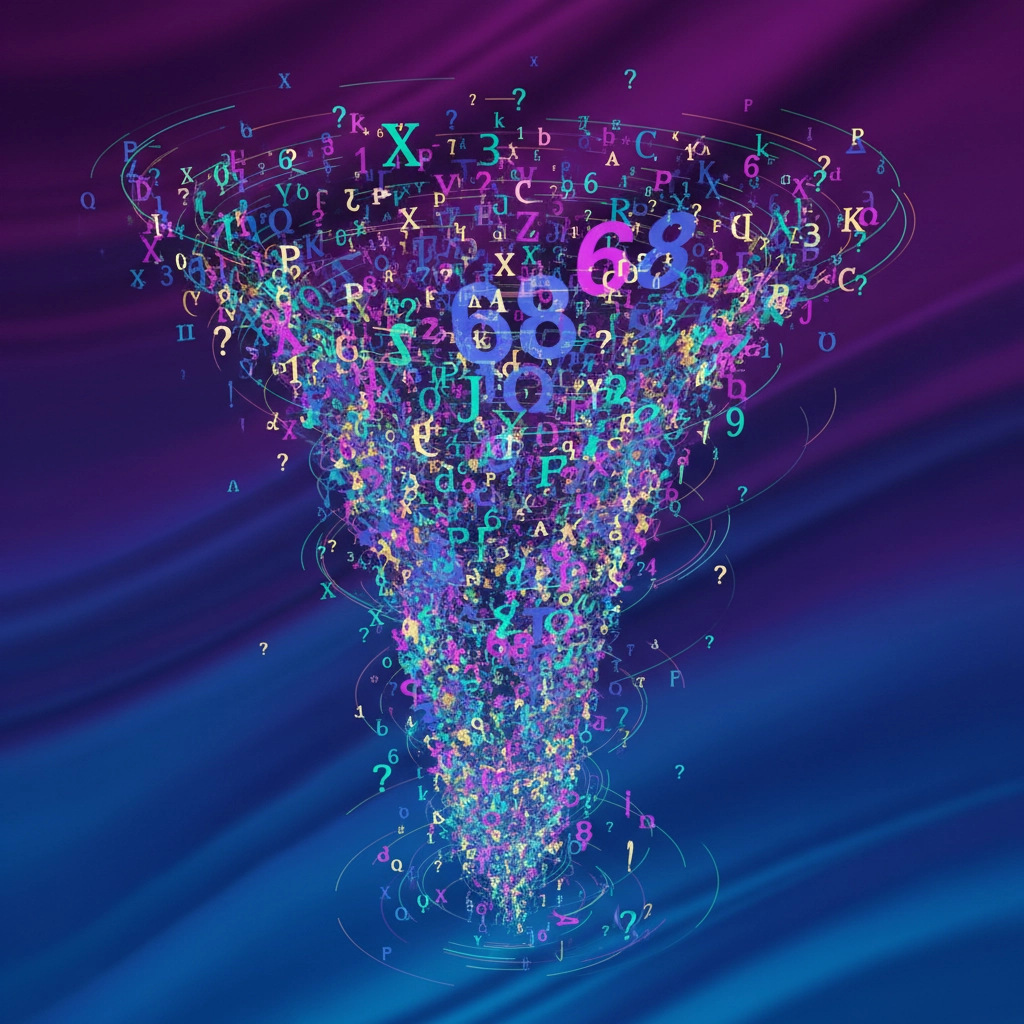
The pattern is clear: Gen Alpha will continue creating content that's impossible for adults to understand or control because it's designed to be incomprehensible. They're not trying to communicate complex ideas – they're trying to communicate the experience of being young in a world that doesn't make sense to them either.
Language experts predict we're entering an era of "disposable slang" – terms that burn bright for weeks or months before being replaced by the next algorithmic accident. By the time adults decode one trend, three new ones have already taken its place.
Teachers are slowly adapting. Some have started incorporating "67" into their lessons, using it as an example of how language evolves or as a prompt for creative writing exercises. The smart ones realize that fighting viral trends is like arguing with gravity – you're gonna lose.
The real question isn't whether "67" will fade (it will), but what comes after it. Will the next viral nonsense word be even more incomprehensible? Will Gen Alpha push the boundaries further, creating sounds instead of words, or visual symbols that adults can't even pronounce?
One thing's certain: whatever comes next, teachers aren't ready for it. And honestly? That might be exactly the point.
What do you think comes after "67" – and are we prepared for a generation that can weaponize pure randomness?

